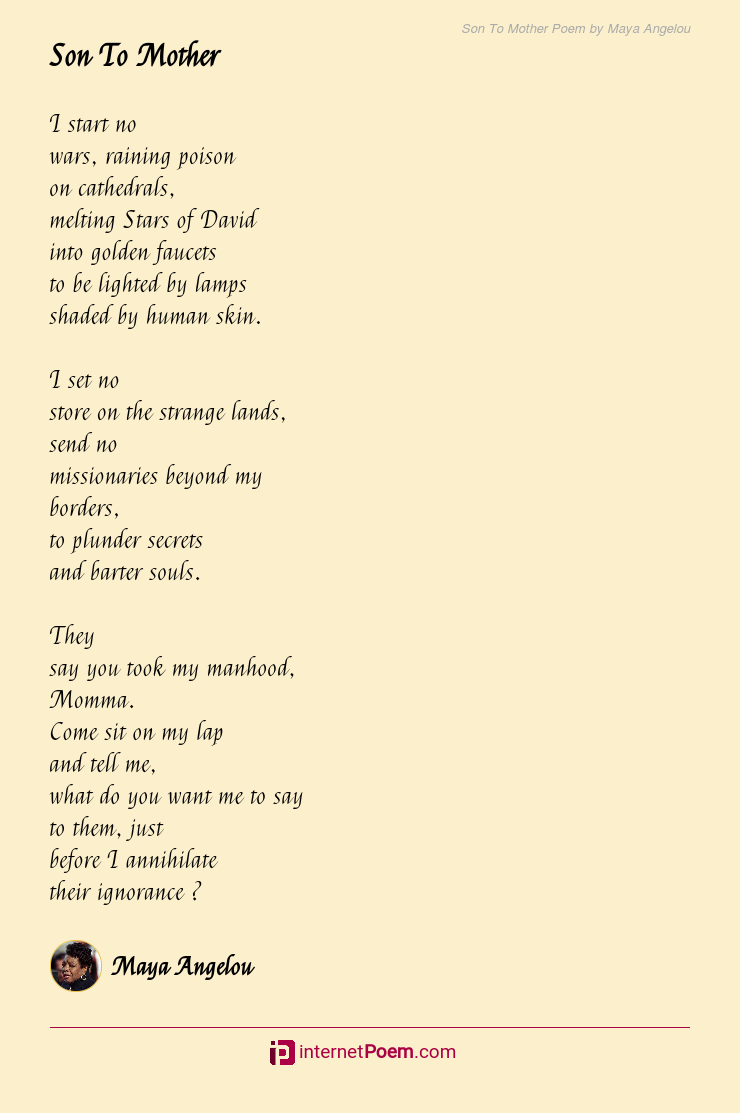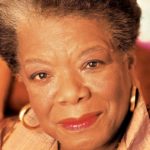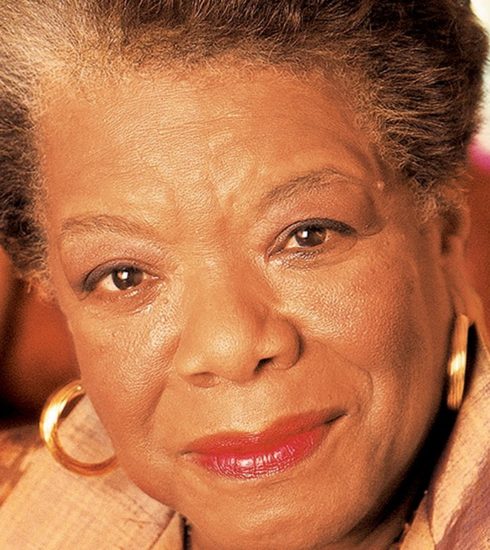The Son Mother Poem of Maya Angelou
Maya Angelou was born in 1898 and died in 1924. She was a Poetess, Writer, urer, Astrologer and singer of many songs. In her many works we can find a son and mother relationship recurrently.
She wrote a number of books on love, marriage and women’s rights and often addressed the issues facing women in those times of her life. She is known to have said that as a woman, you should learn to stand by your man, if he needs you; if he leaves you, then be faithful to him only.
Maya Angelou was born in St Louis where she was a very tender child, but later went on to study medicine and law at the University of Michigan in Ann Arbor, where she earned a degree in history. She worked with many African Americans in Chicago and in the Southern United States. It was there that she began to write her famous songs and become known to the world as Maya Angelou.
The Nation, a popular magazine of political and entertainment news, named her one of the most influential women in American history.
A Son Mother poem written by Maya Angelou is dedicated to her late mother, who she never had a chance to meet. She is described as a beautiful woman, tall and slim with long flowing hair. She was born in a rich family but was unable to attend the schools offered as her father was an alcoholic and a violent drunkard. He was married several times but was separated from his wife and from their daughter, who was six years old at the time. It was her grandmother, Mrs. Bell who adopted Maya and kept her as a young child.
“Delilah” is written in verse as a tribute to Maya Angelou as she leaves this world. The poem begins “Delilah was a sinner made of God’s love, and she loved the sun. She looked up to the stars as if they were the sky, for she was so lost in the love of the Gods that she feared the day would end.”
The poem ends with a line that reads “And I forgave her, for in that hour she had done more good than all her years.” This shows how deep the guilt of her actions still consumed Maya as she looked up to the sky in hopes of seeing her children one day.
Maya Angelou had many critics both on the left and right. Many felt that she was weak for not revealing her true feelings which many in fact did by her writing. Her critics also accused her of insensitivity towards people of color and her being a white female at the time. Some even believed she was not a writer at all but only a mimic of white supremacy. But there are many who will argue that she had nothing to prove these claims and that her works speak for themselves.

The Son Mother poem by Maya Angelou was created in answer to many other writings on race and racism at the time. At a time when segregation was the law and the press could openly call persons of color slaves, there were few writers who were willing to speak out against it.
Maya’s poetry is her voice speaking out against this injustice. It is her belief that every individual has the right to live his or her own life free from the oppression that others face. She gives her view of how life should be, regardless of gender, race or religion.
People from all walks of life have read the poem and many have loved it, including Maya Angelou’s daughter Leila.
She has stated on her blog that she often goes back to the one line from the poem, “In whatever you do, don’t forget the father at the end”. This shows not only the importance of forgiveness but also the importance of taking one’s mother and father into consideration when doing things for a child. As a matter of fact, she has quoted this poem many times and has shared it with others.
Maya Angelou is a woman who lived her life as an African American woman. Her poem is her way of sharing her experiences as a black woman to those who would not listen then. Now days, her words are still heard by many who would not hear them then.
Her unique gift has given her the ability to touch the lives of many. Through her words, she has given the opportunity for people to see the perspective other than their own, even if just through a quote. This is one important woman in history who showed us that one does not have to look only to the past in order to understand the present.













